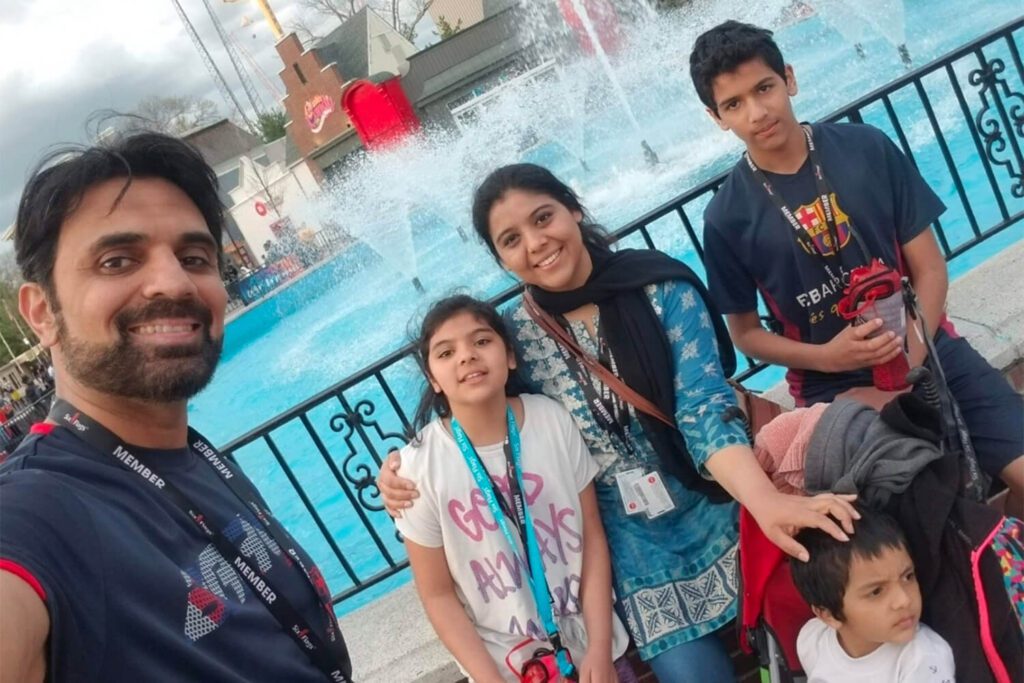Breaking down barriers for NYC immigrants
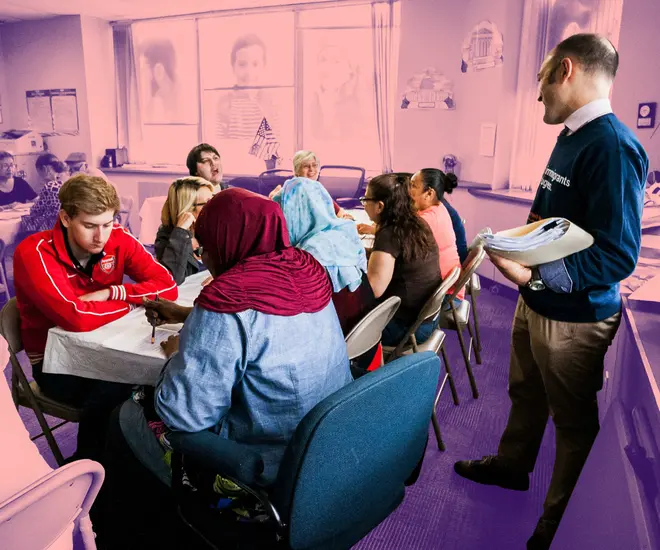
Overview
Acclimating with the power of community
After an arduous journey, thousands of asylum seekers each year move to New York City with few possessions, no connections outside of immediate family, and no knowledge of English. How do they find their way in such a daunting environment? If fortunate, they connect with an organization staffed by caring individuals who speak their language, understand their culture, and provide the resources needed to embark on a path toward independence — an organization like the Arab-American Family Support Center (AAFSC).
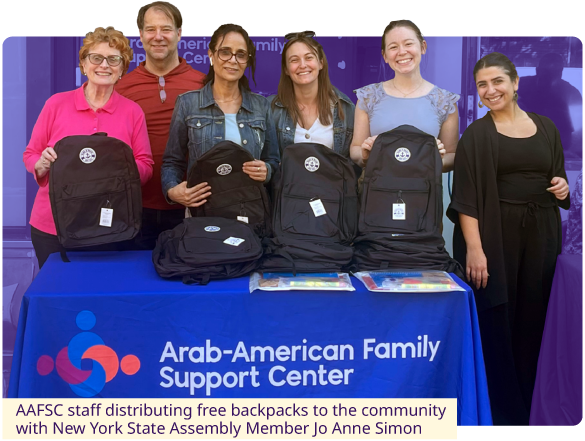
AAFSC was founded in 1994 and works to empower immigrants and refugees. The organization has expertise — both linguistic and cultural — in serving New Yorkers who identify as being part of the Arab, Middle Eastern, North African, Muslim, or South Asian communities. But its services are available to anyone who comes through the door at any one of its 10 locations in New York City’s five boroughs.
The organization has multiple critical goals: prevent child abuse and domestic violence, promote mental and physical well-being, address legal concerns, provide instruction on caregiving and learning English, and advocate for the communities it serves.
The wrap-around, multi-generational approach ensures that individuals and families have a pathway to receiving the assistance they need as they navigate their new home. And there are dozens of access points for people to engage with the organization. An individual looking for English classes might discover that they can also receive help filing legal papers, or a young family in need of caregiving support might find that mental health services are what’s needed to improve their relationships.
The connections and services AFFSC offers have proven to be lifesaving for newcomers to the city. It’s one of the reasons it faces unprecedented demand, a challenge it’s working hard to overcome.
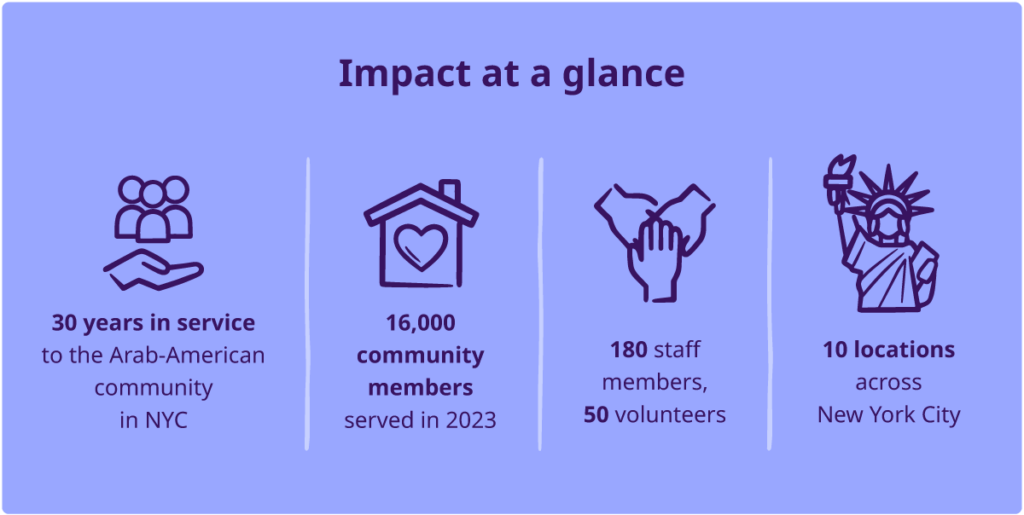
Challenges
A system under stress
There has never been a more important time for AAFSC to be functioning efficiently. Since 2022, more than 200,000 people seeking asylum have come through New York City’s shelter system, according to the Office of the NYC Comptroller. Families with children make up the largest share, representing 77%. All of these newcomers must navigate a very complex system, made even more complicated by cultural and language barriers.
In June, AAFSC joined New York City Council’s New Arrivals Strategy Team, a coalition of city officials, social services organizations, funders, and community members offering actionable strategies to serve newly arriving immigrants.
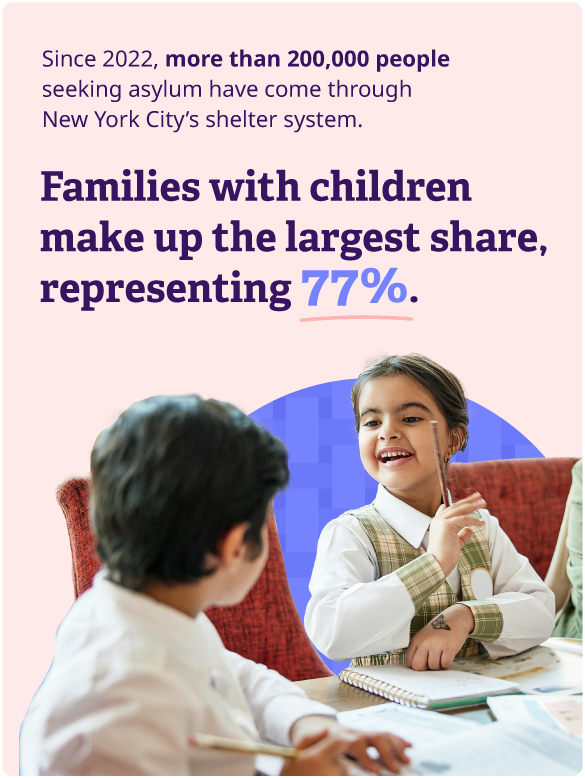
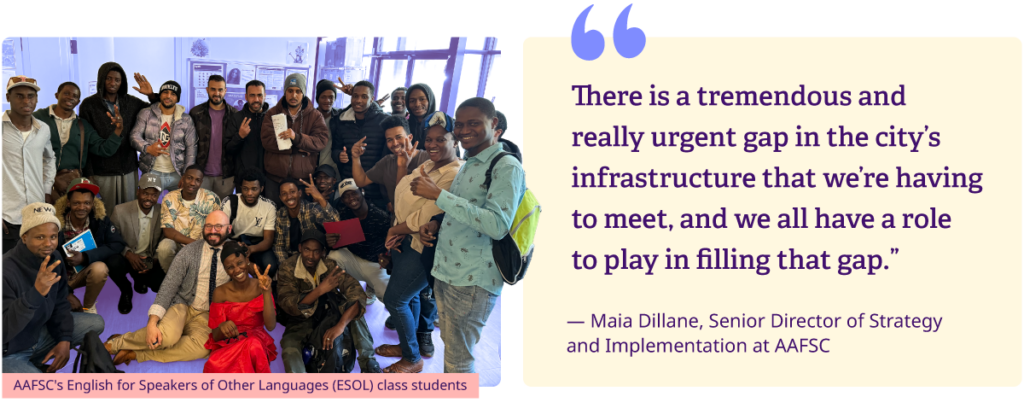
As a long-term provider of necessary services, AAFSC is uniquely positioned to help in this moment. However, the efforts stress the organization’s resources, and there are limits to what it can do. Long wait lists for classes and mental health services mean participants can’t get help in a timely manner. More financial support would enhance their ability to staff up and support the communities it serves.
Solutions
A path forward
The sheer number of programs AAFSC runs merits a robust data management system. The organization implemented Bonterra Apricot in 2017.
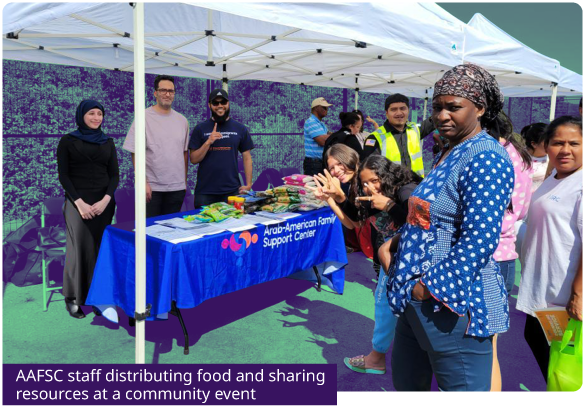
“It’s very important for us to know who, when, where, why, and how we are serving at any given time,” says Dipika Shrestha, director of impact and evaluation at AAFSC. Front-line staffers who are working with community members benefit from the ability to document all their reports and services. The data reporting also makes them feel empowered and that their work is having an impact.
The first step to receiving that support is communicating AASFC’s impact to those who provide it. Bonterra facilitates this effort.
“All of this data provides us further insight into the current needs of the community, and it also guides us as we adapt and work toward providing greater impact,” says Dipika. The software also makes it possible to communicate the organization’s impact to community stakeholders, funders, potential donors, and policymakers.
!['Through the metrics on [Bonterra], we are able to demonstrate how every bit of additional funding would translate into enhanced outputs for our programs' - Dipika Shrestha, Director of Impact and Evaluation at AAFSC](https://www.bonterratech.com/wp-content/uploads/2024/11/arab-american-family-support-center_pull-quote-2-1024x404.png)
The organization has responded to the recent immigration pressures by increasing its number of ESL classes, caregiver support sessions, mental health services, and immigration-related legal help. AAFSC also distributes essential items like toiletries, clothing, and food, all of which are an investment in participants’ successful integration into the social and economic life of New York City. “We have created a safe and welcoming space for them,” says Dipika.
Impact
Generational impact
The impacts of AAFSC’s work can stretch forward for generations. Participants experience immediate impact like access to legal help and improved health and well-being. The long-term results of receiving help at a pivotal time of change and opportunity can set the course for all of those who come after.
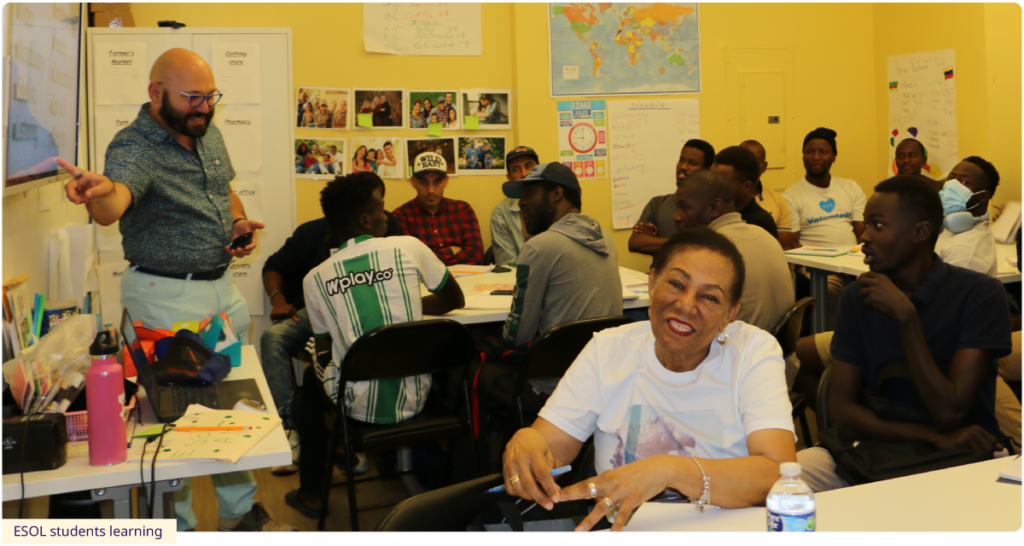
Maia recalls the experience of a colleague who first encountered the organization as a child. “She started at the organization as a participant in our youth program. Then she graduated and, with our support, took and passed her citizenship exam. Each year, we have a celebration, and she was the keynote speaker that year. I remember her family hugging her and feeling so much pride. Those are the moments that stick with me.”
Dipika wants everyone to know that AAFSC is an inclusive learning and advocacy program for anyone looking to call New York City home. “We are called the Arab-American Family Support Center. Some might get the impression that this is only for those who identify themselves as belonging to the Arab race. But that is not the case — our doors and our programs are open to all who come to us.”
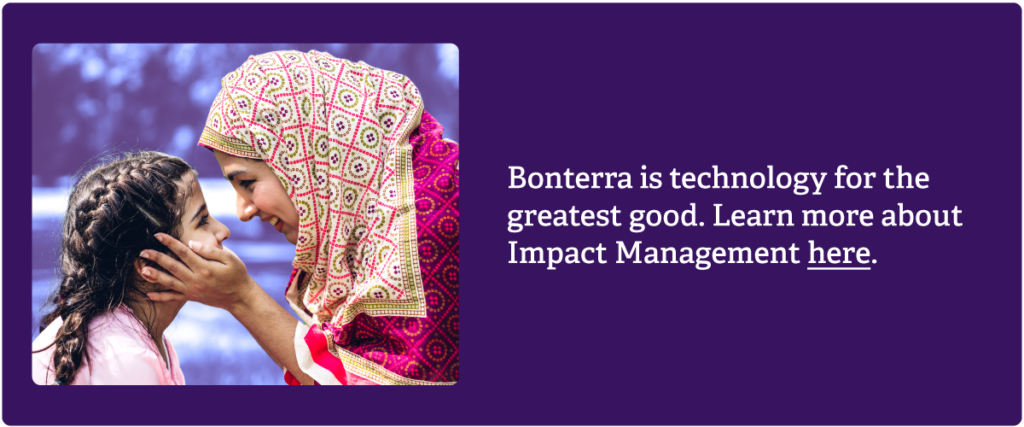
Work with Bonterra


